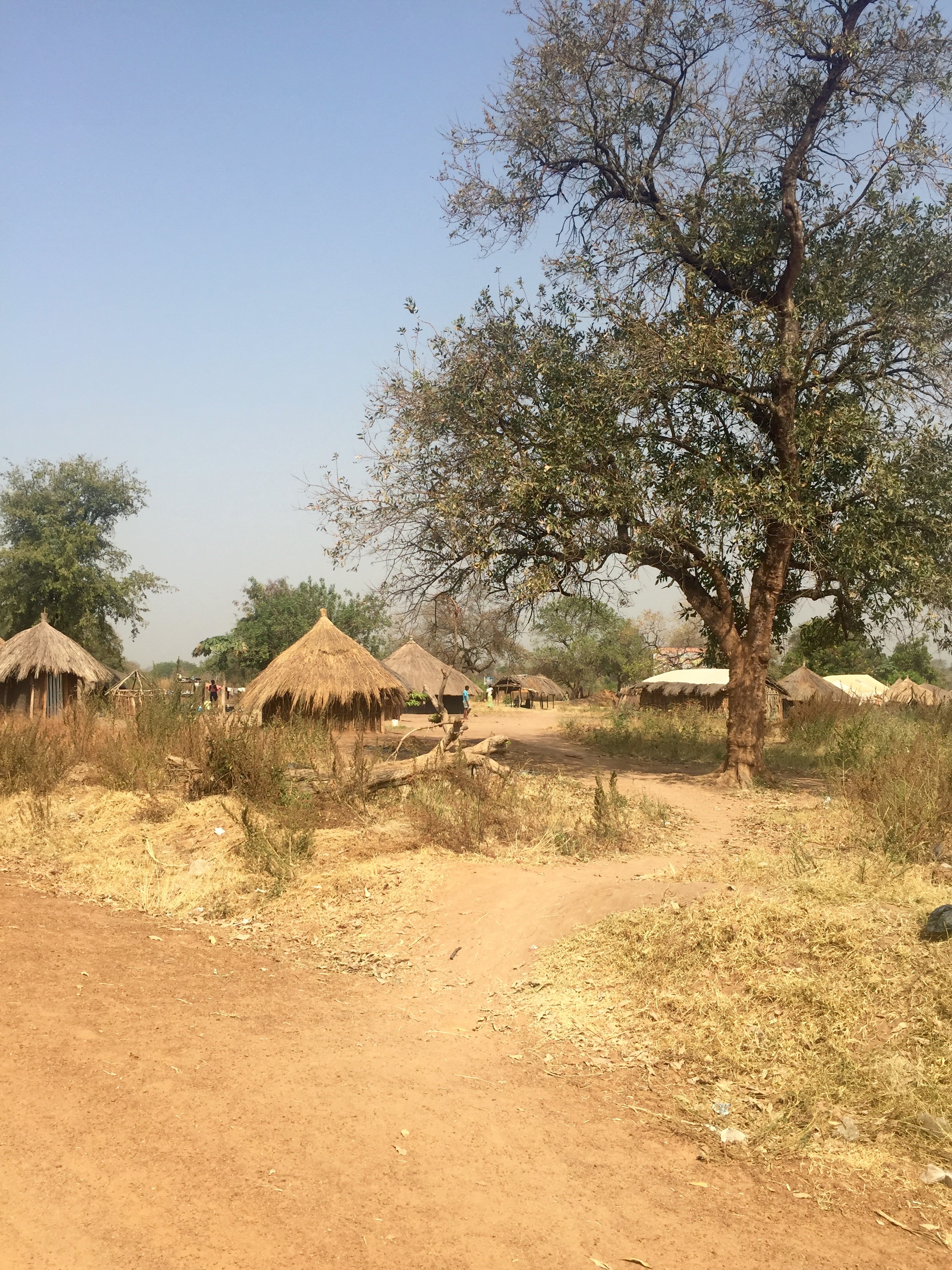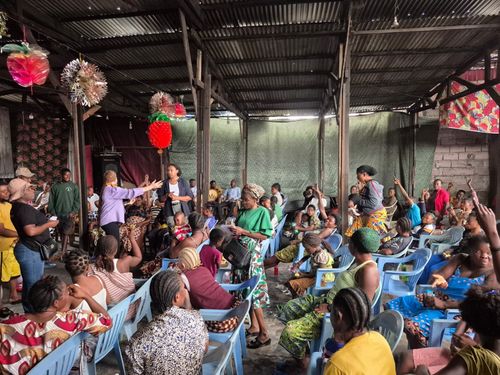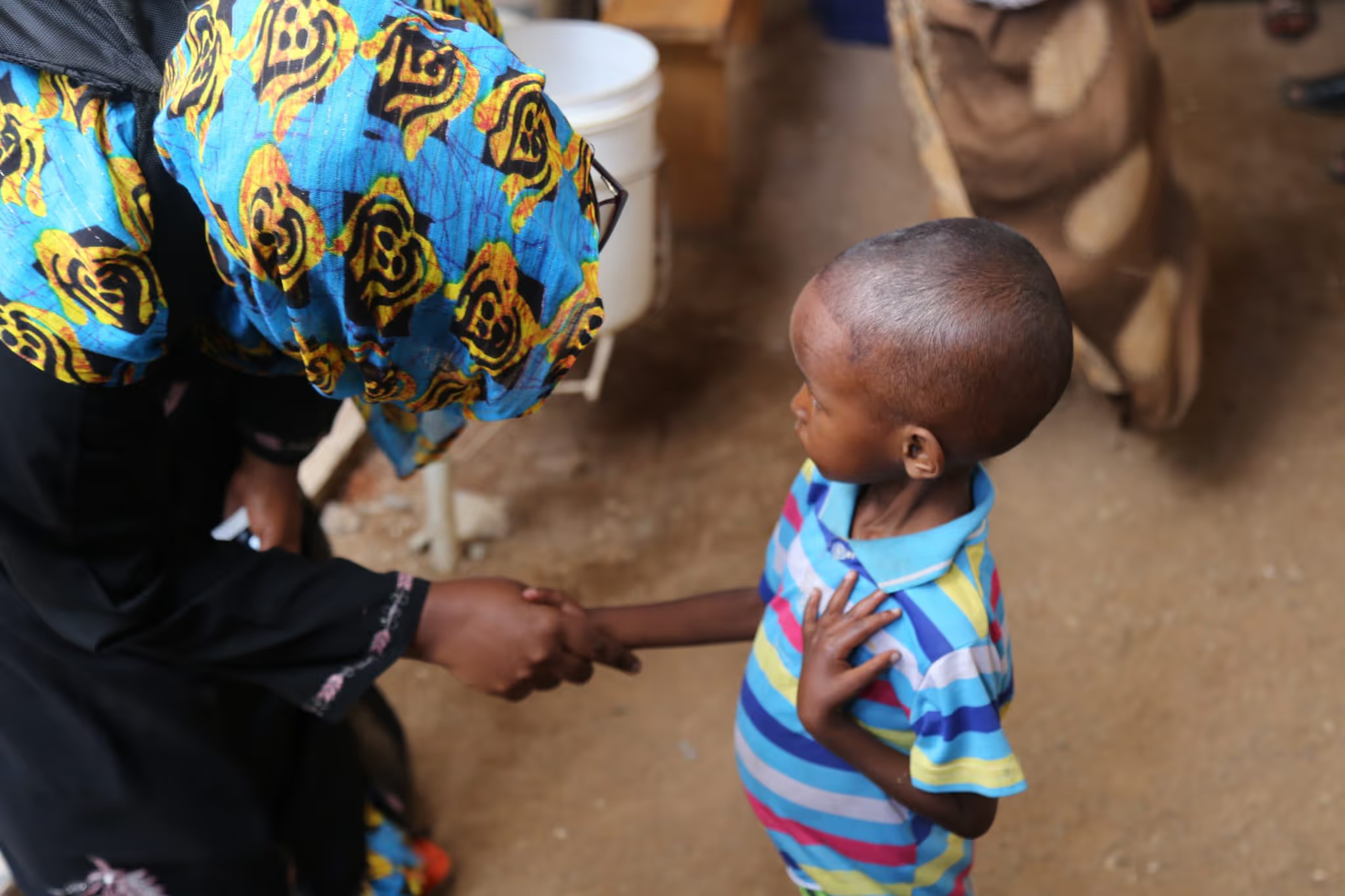Improving the mental health of refugee men through guided self-help: A scalable intervention for a critical link in humanitarian programming

Project overview
The study set out to examine the effectiveness of a scalable psychological intervention adapted for male refugees to reduce psychological distress and associated risks, including alcohol misuse.
Project solution
This project offers [specific solution or intervention] to tackle [challenge]. By implementing [strategies, tools, or innovations], the project aims to achieve [desired outcomes]. The approach is designed to [specific actions or methods] to bring about meaningful change in [community, region, or issue area].
Expected outcomes
This project aims to achieve [specific outcomes], such as [measurable results, improvements, or changes]. The expected impact includes [benefits to the target community, advancements in research or innovation, or long-term effects]. By the end of the project, we anticipate [specific changes or milestones] that will contribute to [broader goals or objectives].
Principal Investigator: Wietse A. Tol
Research Snapshot: Improving the mental health of male refugees
This study found that delivery of a novel combination of two scalable interventions for reducing substance misuse and psychological distress in male refugees, a serious concern worldwide, was feasible and acceptable. Further rigorous evaluations, building on lessons learned in this feasibility trial, are now needed.
[.cta_link]View snapshot[.cta_link]
What did the study set out to achieve?
The study set out to examine the effectiveness of a scalable psychological intervention adapted for male refugees to reduce psychological distress and associated risks. These risks include alcohol misuse, anger, perpetration of violence against women and girls (VAW), and economic outcomes. Three phases were planned: (1) a qualitative study, following Human-Centered Design principles, focused on adapting Self-Help Plus (SH+) for refugee men; (2) a feasibility cluster randomised trial (CRT), focused on testing research and intervention procedures in preparation for a fully powered CRT; and (3) a fully powered CRT.
However the qualitative study to inform the adaptation of SH+ for male refugees found:
- The adaptations required would primarily concern the delivery of SH+ (e.g. recruitment methods) rather than the content of the intervention.
- Male refugees commonly use substances (mainly alcohol, but also cannabis, khat, betel nut, tobacco) as a way of coping with distress and that this is one of the key psychosocial concerns for men. Substance misuse is also seen as a critical barrier to engaging with psychosocial interventions.
As a result, the study pivoted to adapt SH+ for delivery together with ASSIST, a WHO evidence-based brief intervention for substance (i.e., alcohol and other drug) use. It then conducted a feasibility cluster randomised controlled trial and process evaluation of the combined SH+ with the ASSIST brief intervention.
What were the key findings?
- The combined intervention was relevant, acceptable, and feasible to implement. The pilot feasibility trial showed that running a trial with male refugees in northern Uganda was feasible.
- Valuable lessons were learned in preparation for a full-scale randomized controlled trial. For example, recruitment and retention rates were good, suggesting that male refugees were interested in receiving support and they were engaged in the intervention.
- Cluster randomisation resulted in an unbalanced sample meaning that the demographics of participants varied per village. This is important to consider and address when designing a largescale trial.
- The adapted outcome measures of psychological distress and risk for psychoactive substance misuse were appropriate and showed good psychometric properties overall, suggesting they measure what they intend to measure and are appropriate for this population.
Project delivery & updates
Stay up to date with the latest developments from this project. Here, you will find details on what has been delivered, resources created, and regular updates as the project progresses. Access key documents, reports, and other materials to see how the project is making an impact.







